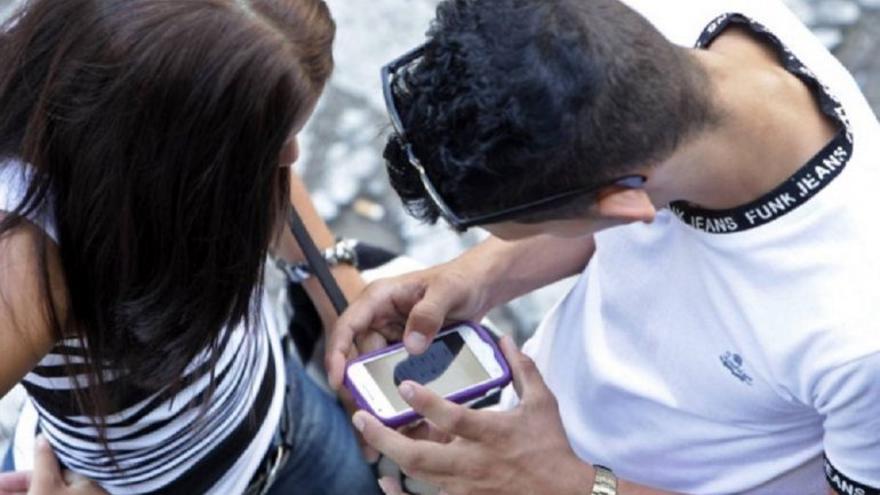
![]() 14ymedio, Havana, 8 June 2018 — The Telecommunications Company of Cuba (Etecsa), in an announcement about future services to access the internet from mobile phones, announced that users will be able to use the balance on their phones to buy data packages and will pay less to visit sites based in Cuba.
14ymedio, Havana, 8 June 2018 — The Telecommunications Company of Cuba (Etecsa), in an announcement about future services to access the internet from mobile phones, announced that users will be able to use the balance on their phones to buy data packages and will pay less to visit sites based in Cuba.
In a press conference open only to the national media, the state monopoly explained some technical issues about the launch of the web browsing service on cell phones, which has generated so many expectations among the almost five million cellphone users on the island.
Access from cell phones will be offered in two data options. In one, a customer can contract for a number of megabytes, the volume and cost of which is not yet specified, for the use of Facebook, Gmail and WhatsApp.
The second option will allow access to all digital sites, although it is expected that many will be censored for political reasons.
In both cases the payment for the data package will be subtracted from the mobile balance, a decision well received by users because it will simplify the process compared to browsing from the public wifi zones. The public wifi service requires users to purchase a card in CUC, and the cards are often unavailable because they are out of stock.
The popular blog Tu Android, which attended the press conference, clarified that “prices and packages have not yet been discussed” and customers are most curious to know the date service will begin, “Zero hour,” for something that “will soon change the lives of many Cubans.”
Etecsa showed the press slides of two hypothetical users, one intensive and the other moderate, according to their data consumption.
The first of these users contracts for 2.5 gigabytes which is enough, among other options, to browse 900 web pages, send 3,000 messages on WhatsApp, watch two and a half hours of video on YouTube and have a 30-minute videoconference on IMO each day.
The second type of user, with a lower consumption of only 500 megabytes, can use the data package to visit 150 web pages, send about 50 messages per day through WhatsApp, review their Facebook account for one hour each day and listen to an hour of music on Spotify.
Neither example included the rates and served only to give an approximate idea of the functionality of each package, although each user will be able to choose what services to spend their megabytes on.
The data packages will be purchased through the site mi.cubacel.net, which already works without additional costs from cell phones that are in 3G coverage areas. In this service portal you can perform other operations such as checking your balance and buying the so-called text and voice messaging plans.
Jorge Luis Valdés Hernández, director of Convergent Services within Etecsa’s Commercial Integration division, explained that “of the 5.1 million mobile phones active today, 35% work with 2G networks, 45% support 3G networks, and the 20% 4G,” although this latest technology is not yet in service in Cuba.
Currently Etecsa is running tests in Varadero and northern areas of Havana for 4G technology and expects that in 2019 it will begin to spread throughout the country. The first priority will be to guarantee this network coverage for the entire capital, areas with a lot of tourism and and the major municipalities of each province.
The official figures registered more than 4.5 million Internet users in 2016, most of them from the Wi-Fi zones installed after 2015 or from the browsing rooms managed by Etecsa with terminals belonging to the company. These data are questioned by experts who say that the government figures include users who connect only to intranet services, national e-mail and other portals hosted on local servers.
___________________
The 14ymedio team is committed to serious journalism that reflects the reality of deep Cuba. Thank you for joining us on this long road. We invite you to continue supporting us, but this time by becoming a member of 14ymedio. Together we can continue to transform journalism in Cuba.
